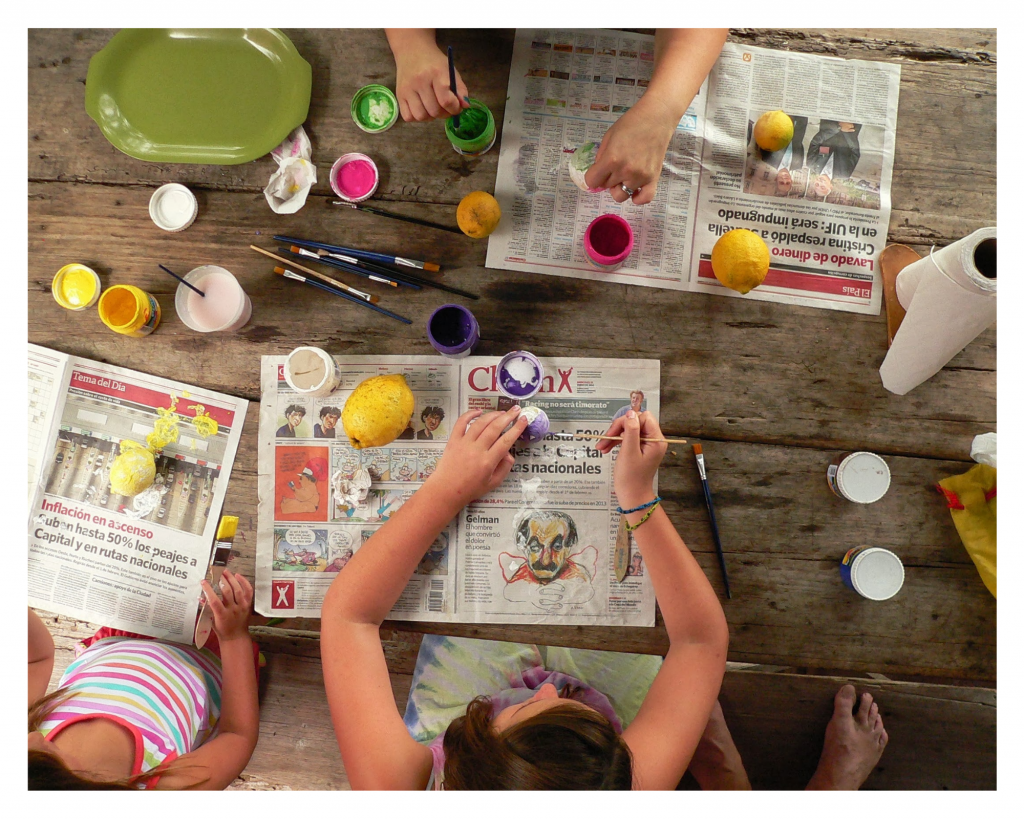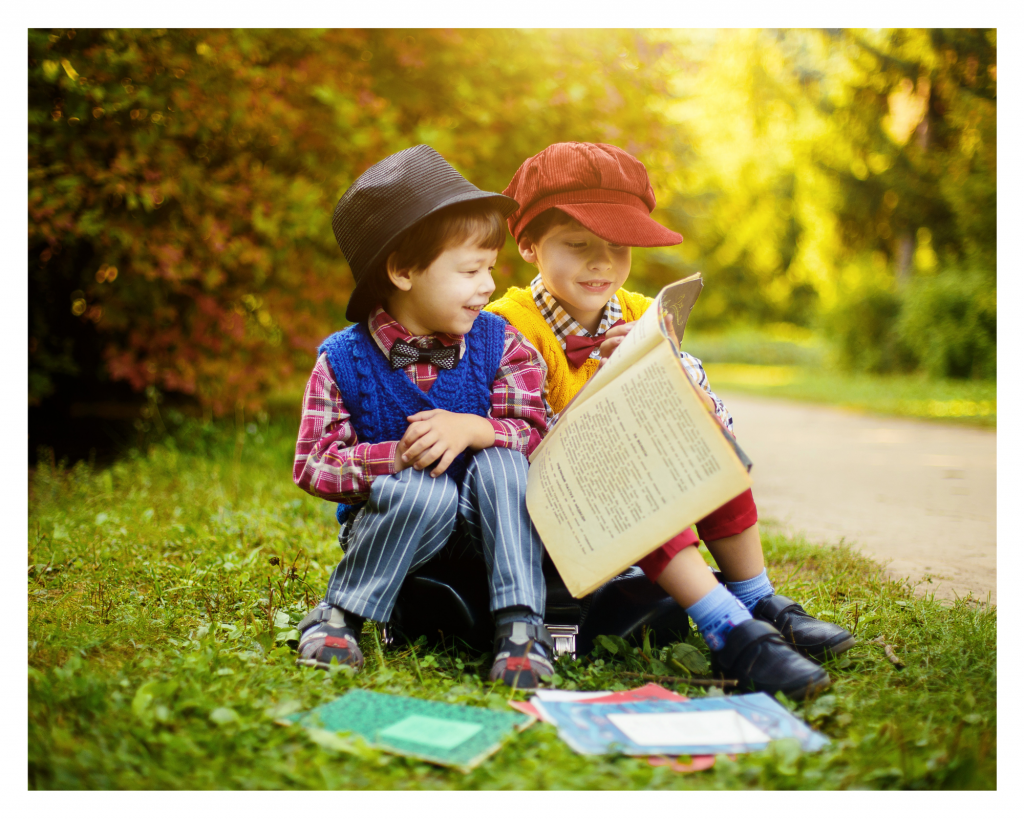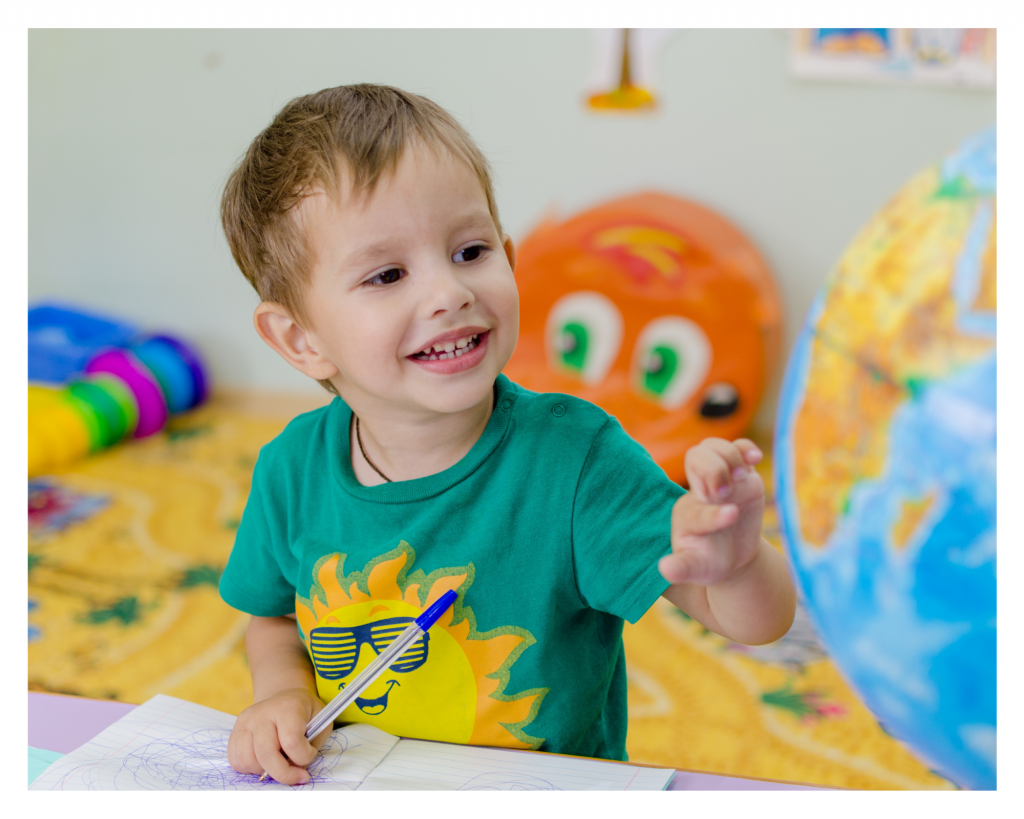There are many myths about whether educating our children in a bilingual education or trilingual way is good or not, since there are many inventions without scientific basis in this regard, which have created a lot of confusion among parents, therefore, we hope that this article will help you to take the right decision for your children.
It is a reality the importance that is given in society, at a global level, to master several languages, so much so that every day it is easier to find the smallest of the home speaking in more than one language in a natural way, seeing them attended by both Nannies and bilingual interns, leaving aside the typical profile of “Caregiver” (so well known by several generations), there are more and more specialized APPs to master several languages in childhood, online language courses for children … and it is not. We can ignore that the use of a 2nd or 3rd language opens many doors for us both on a personal and professional level.
However, many parents have doubts about whether teaching in several languages is appropriate for their children, because it is believed that this causes confusion among children and causes delays in speech, but the reality is that hearing and speaking several languages favors development in the child’s brain!


Different studies have proven that children can easily learn several languages at the same time, from birth, which favors their ability to communicate and express verbally; The brain of a child is a plastic muscle that must be developed, so educating them in 2 or 3 or more languages is simple, because the brain adapts depending on the information it is capturing, and therefore makes connections to as information is received, that is, if a baby only hears one language in his environment, his brain will prepare for that language as the only vehicle of communication, thus organizing the brain in a way that makes it as easy as possible for him to communicate. communication with others.
But if that same baby naturally hears two or more languages around him (for example, when his mother speaks to him in Spanish, his father in French and in the nursery they speak to him in English), the information that brain is receiving is totally different from that of the baby to whom they speak in a single language, let’s not forget that the brain accepts as normal that depending on the person or place it will have to communicate in a different way, regardless of the number of languages, with which a Once the process of connecting and organizing the brain begins, these connections and information storage will be done in a totally different way, thus facilitating faster access to different languages as well as deciphering messages depending on the language they use.


It has been proven through different studies and scientific conclusions that the brain develops in a different way when one is bilingual since childhood, getting used to thinking and giving opinions differently.
So now that you know this, why not give them the opportunity to speak different languages knowing that it will be something positive in their present and future?
• So there is no downside to children learning multiple languages?
It is common for some children to have a certain delay when they begin to speak when they speak in several languages, it is also logical, since the connections that they are making are much more complicated than if they were learning a single language, however it is something temporary that will not have major repercussions, and in the medium term then their abilities will be much higher than those of a child who understands only one language.


How old is the right age for them to start speaking a second language?
The earlier the better, at an early age brain plasticity is much higher, which means that the ability to learn is higher and you will be able to master languages much more easily; And always before the age of 10, and the beginning of puberty, a period in which it has been shown that new languages are stored in a different area of the brain.
The most important thing that learning takes place naturally, for which we give you some tips:
1. It has been proven that the child’s brain organizes the language according to environment or person, so it is appropriate if the parents (or always one of them and always the same) speak to him in a language, for example Spanish, Au Pair or Nanny in another (supported by the other parent) such as English and at school they teach them a 3rd language, such as French; In an organized and habitual way the child will assimilate it more easily.
2. It makes learning much easier to learn through simple and fun activities, such as singing songs, reading stories, playing board games in another language … activities that we always recommend to Au Pairs and Caregivers.
3. At home, watch TV in the 2nd main language, as it will be fun for them to learn it through their favorite cartoons.
4. Have conversations before going to sleep in the 2nd main language, for which it is very useful to read a book in that language, as it improves comprehension and makes it easier and quicker to memorize words.
5. There are academies that stimulate learning with a playful and fun methodology that stimulates motivation and pleasure in learning, completely moving away from the usual methodology.
6. Play with cards in other languages, write and pronounce the name of an animal, the number, color … in three different languages as quickly as possible.
7. To interact with people of other nationalities, something very simple on the Costa del Sol.


Each family is different, so the way you educate your children is also different, but it is proven that regardless of any factor, one of the most obvious ways to help your children prosper in life is by raising them in more of a language.
For any questions in this regard, do not hesitate to consult with our professionals, as we know that all parents seek the best for their children.
